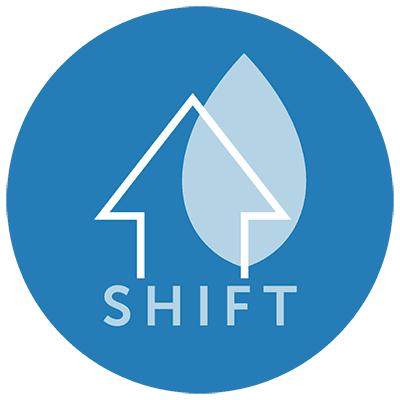From the beginning of the financial year 2019/20, the Companies (Directors’ Report) and Limited Liability Partnerships (Energy and Carbon Report) Regulations 2018 applies. This new legislation extends the carbon reporting obligations from quoted companies to also incorporate unquoted large companies and LLPs (large limited liability partnerships). Eligible companies are required to disclose their annual carbon emissions and energy consumption for which they are responsible. Additionally, at least one appropriate intensity ratio is required. In the future, companies will have to compare annual figures to the previous year.
Deciding whether or not social landlords need to comply with Streamlined Energy and Carbon Reporting (SECR) is difficult due to the lack of transparency in the regulation guidance. Housing associations could spend a lot of time and money trying to work this out. A more useful option, is to use that time and money to voluntarily report for SECR. That way associations end up with a carbon footprint which can be used to devise carbon reduction plans.
The SHIFT methodology can accompany social landlords to comply with SECR. Since 2008, SHIFT has assessed the environmental performance of social landlords – covering homes managed, offices, maintenance fleet, supply chain, and strategy. SHIFT methodology covers all the aspects required for SECR including energy use and greenhouse gas emissions associated with the activities of your organisation, an intensity ratio (e.g. CO2 per home managed) and energy efficiency action.
SHIFT landlords can also keep track of previous years’ environmental performance and greenhouse gas emissions using the online portal, another requirement of future SECR statements. SHIFT methodology also includes voluntary scope 3 emissions, such as public transport expenses, business mileage and housing stock emissions. We like to include these emissions to show yearly improvements and demonstrate the good work our landlords do in improving their environmental performance.
We have experience in carbon reporting and producing SECR’s for our SHIFT landlords and other social landlords. With our comprehensive dataset from SHIFT, we can sense check raw data and ensure that the SECR is as accurate as possible. We do so in a format suggested in government guidance (partially shown below), that can be copied directly into your organisation’s financial statement.

This compares to other SECR statements we have seen, where only the minimum requirements are being met, with no sense checking or auditable information. These examples also included dubious intensity figures, based on the number of meters from an energy supplier. With our SHIFT data, we use recognised and comparable intensity figures, such as the tonnes of CO2 emissions per home managed or per m2 of office space, that are inline with accepted KPI’s to aid benchmarking.
As well as reducing emissions related to your organisation, measuring and reporting environmental performance will also lead to financial savings and increased credentials and investment opportunities. Social landlords will also benefit from a better understanding of the risks of climate change and environmental issues amongst staff and residents.
If you wish to know more about SHIFT and how it can help with SECR compliance, please get in touch on [email protected]
